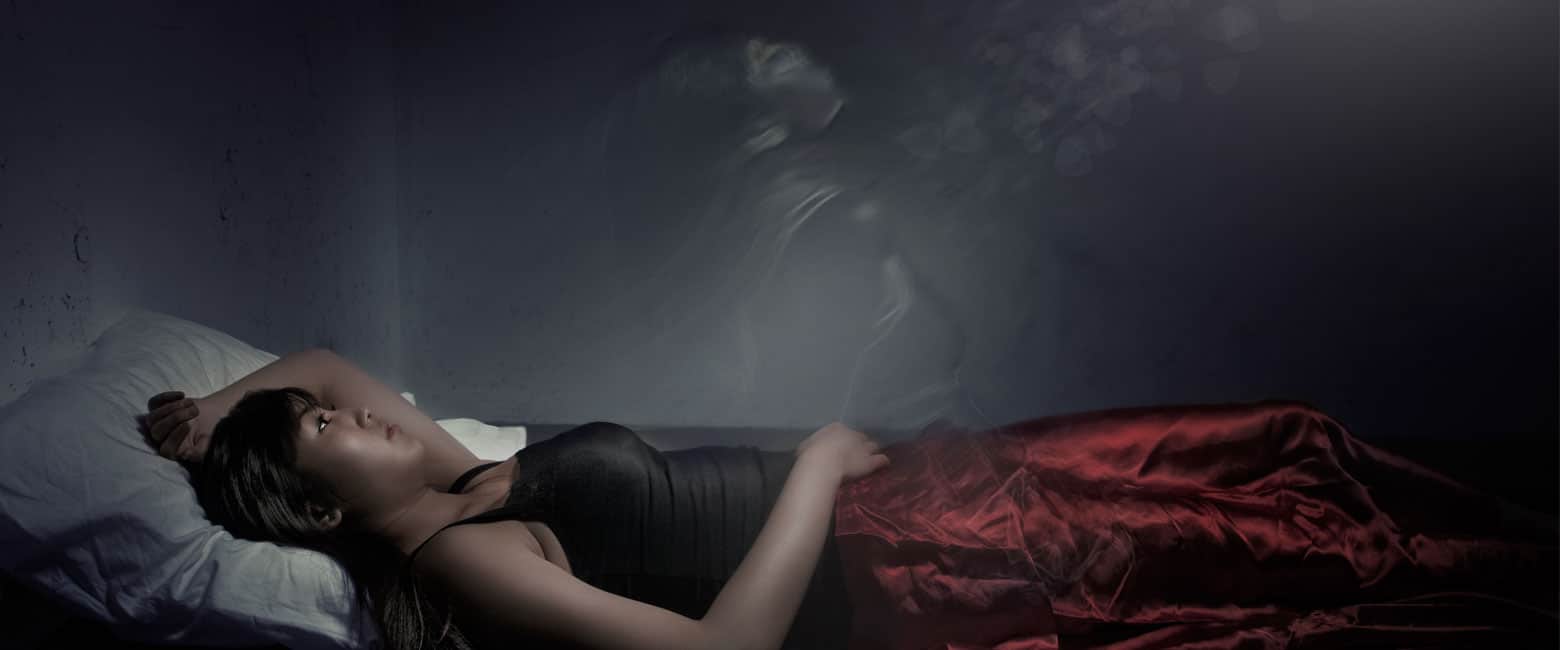Here is Nicole describing how CBT or Cognitive Behavioural Therapy helped her to cope with grief and overcome feelings of anxiety and depression.
Video Transcript
Nicole: Hi, guys, my name is Nicole. And today I’m going to be speaking about suffering with anxiety and depression. And I just wanted to explain a little bit about how these conditions affect my day to day life and how I have learned to cope with these conditions by going to see a therapist.
So in 2016, I lost somebody very close to me. And I actually really, really struggled with the grieving process because I didn’t know how to continue with day to day life and also heal from a very traumatic life event. So I became very, very anxious with going outside or going into public in my local neighborhood because I grew concerns that people would ask questions and that people would ask if I’m okay, and I wasn’t really willing or open to speaking about how I was feeling at the time. So I ended up not really leaving my home. And unfortunately, it meant that I had to drop out of education and I had to drop out of my employment at the time, which was something that up until this moment, I was really enjoying. I ended up staying indoors all the time, I stopped really taking care of myself. I didn’t really communicate with any of my friends or my family. And while I knew people were concerned about me, I had this huge problem with opening up to close ones because I feared that I would be burden in them with my problems.
I had to go and see my GP because of health matter, and my GP actually noticed that I was in a very down mood. And he basically said, “You know, I think you should go into your therapist”. And it took a lot of convincing because I think that I had built up this idea that perhaps a therapist would be very clinical and hard to talk to. And I felt that it was a huge commitment, going to speak to somebody about my problems that I didn’t know. But luckily, I actually met somebody amazing, that specialized in CBT therapy. And we basically just worked on just taking baby steps one at a time, because I put so, so much pressure on myself to overcome huge hurdles, and they just weren’t achievable short term and I would then become very depressed because I was setting my goals way too high. And I was putting an enormous amount of pressure on myself.
So, going to therapy has actually given me a lot more of a realistic look into my life and how I’m going to cope with these kinds of symptoms. When I go into the public, I feel very, very self-conscious. I feel as though people are perhaps judging me. And I often come to conclusions before I know the answers to what people might actually be thinking. And the same sort of applies with my depression. I often imagine a scenario going badly before I even enter it. And my therapist actually really helped me to address that and to look at opportunities openly and with a clear mind. And I think that it’s just had such a huge boost to me as a person. I went back to my education, I went back to work, I finished my training and now I am doing my dream career that I always dreamed of. And I still really do suffer day to day from the symptoms. I do have days where I lack motivation. And I don’t really want to communicate with people and I really do sometimes struggle to just get throughout the day because the symptoms can make me feel really lethargic and tired.
But I think that by going to see a CBT therapist, I now have tools in place for what I feel like this so that I know, okay, these are the symptoms I might feel but these are also the coping factors that I now know go with them. And go to therapy, it’s just been an invaluable experience and I couldn’t recommend it enough. I know that it can be a really, really hard step to take initially but I just think that by going to see a therapist, you might be surprised at how you look at things differently. So I would say that my biggest recommendation is to go and speak to somebody. Thank you very much.














